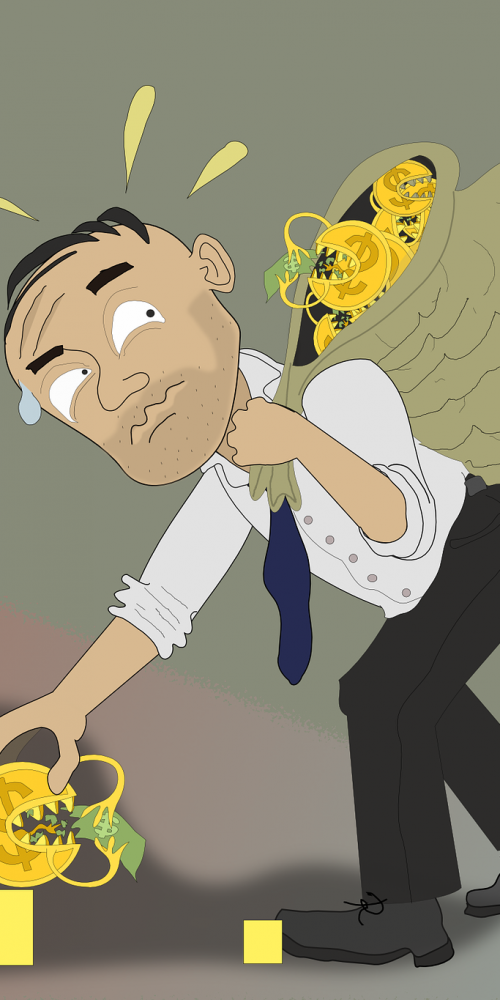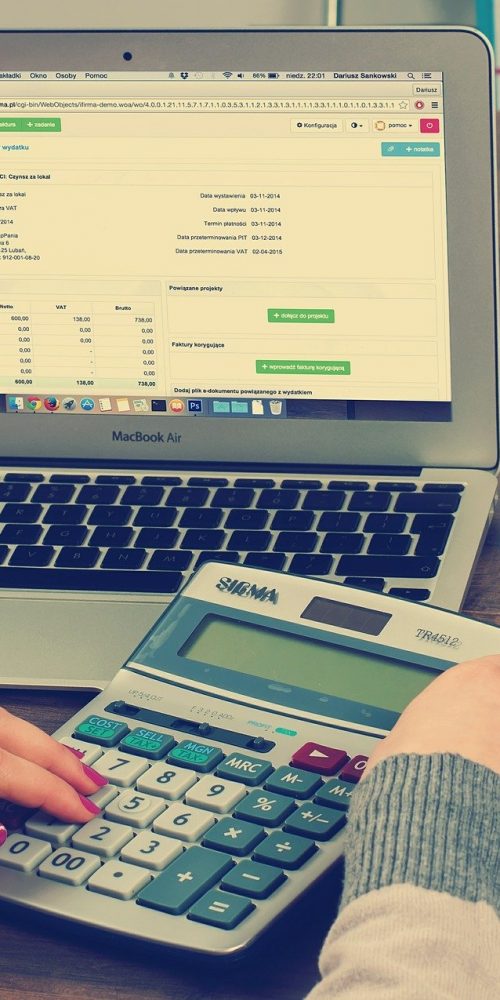 If you’ve never encountered Continuous Payment Authorities (CPAs), you are part of a larger group. Many individuals confuse these with direct debits or standing orders, leading to significant misunderstandings in financial management. It’s crucial to discern the differences between these payment methods as each has unique characteristics that can impact your budgeting and overall financial well-being. Our team at Debt Consolidation Loans is committed to helping you understand how CPAs work, their implications, and how to manage them effectively for better financial control.
If you’ve never encountered Continuous Payment Authorities (CPAs), you are part of a larger group. Many individuals confuse these with direct debits or standing orders, leading to significant misunderstandings in financial management. It’s crucial to discern the differences between these payment methods as each has unique characteristics that can impact your budgeting and overall financial well-being. Our team at Debt Consolidation Loans is committed to helping you understand how CPAs work, their implications, and how to manage them effectively for better financial control.
Although Continuous Payment Authorities might resemble direct debits, they differ significantly in terms of consumer protection. Unlike direct debits, which come with built-in safeguards, CPAs allow companies to withdraw funds from your account at any time without prior notice. This lack of oversight can place unanticipated financial strain on consumers, particularly if they are not actively monitoring their accounts. Understanding this vital distinction is essential for maintaining control over your finances and avoiding unpleasant surprises that could derail your budget and financial planning.
In stark contrast, the direct debit guarantee provides robust consumer protection, ensuring that payments are processed only on predetermined dates and for agreed amounts. This arrangement is secured through a formal contract that both parties sign, promoting transparency and accountability in transactions. However, many Continuous Payment Authorities operate without such formal agreements, which can expose consumers to unexpected charges and financial difficulties. Being aware of these differences is critical to making informed choices about your financial dealings and payment methods.
Master Continuous Payment Authorities for Improved Financial Management and Security
Recognizing a Continuous Payment Authority can be relatively easy if you know what to look for. For example, if you notice a recurring charge on your credit card statement, it’s likely a CPA since direct debits and standing orders cannot be initiated using credit cards. Furthermore, while setting up a direct debit only requires your bank’s sort code and account number, if a business requests your entire card number, they are likely establishing a CPA. By being vigilant about how your payments are set up, you can significantly enhance your financial management skills and make informed decisions about your expenses.
You have the authority to cancel a Continuous Payment Authority by notifying the relevant company or your bank. When you ask your bank to cancel a CPA, they are legally obliged to comply, ensuring that no further payments will be taken from your account. This action is crucial for safeguarding your finances and preventing unauthorized deductions that could disrupt your financial flow. Being proactive in managing your CPAs not only empowers you but also helps you maintain control over your financial commitments and obligations, leading to better financial stability.
Numerous businesses utilize Continuous Payment Authorities due to their convenience, including gyms, subscription services like Amazon Prime, and various payday loan providers. If you decide to cancel a CPA via your bank, it’s equally important to inform the company involved to prevent any misunderstandings. If you are under a contract, make sure to explore alternative payment arrangements to avoid service interruptions, especially if the contract is still active. A comprehensive approach will help you navigate potential complications and maintain uninterrupted service while managing your payments responsibly.
Discover More Valuable Articles That Our Readers Find Helpful:
 The Death of Cash in Modern Times
The Death of Cash in Modern Times
The Death of Cash in Modern Times
 Furlough Rights Explained: Know Your Entitlements
Furlough Rights Explained: Know Your Entitlements
Furlough Rights Explained: Know Your Entitlements
 Debt Among Pensioners: Understanding the Challenges
Debt Among Pensioners: Understanding the Challenges
Debt Among Pensioners: Understanding the Challenges
 UK Debt Statistics: Will You Be Impacted?
UK Debt Statistics: Will You Be Impacted?
UK Debt Statistics: Will You Be Impacted?
 Helping Vulnerable Children: Marks and Spencer’s New Initiative
Helping Vulnerable Children: Marks and Spencer’s New Initiative
Helping Vulnerable Children: Marks and Spencer’s New Initiative
 <a class=”ent
<a class=”ent
The Article Continuous Payment Authorities: Essential Insights Unveiled Was Found On https://limitsofstrategy.com


